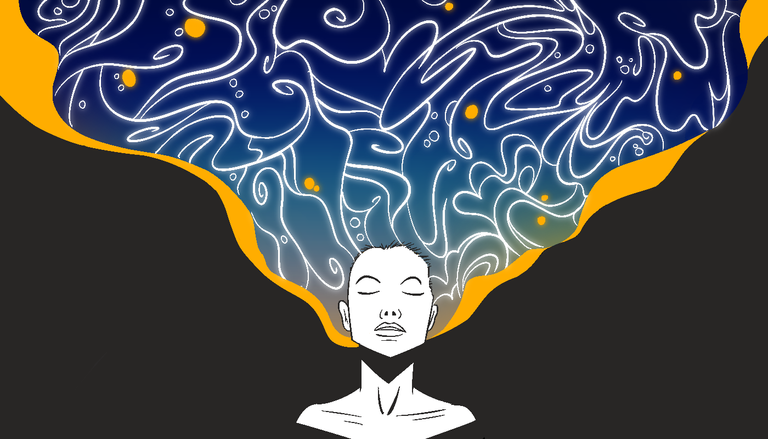Dreams are experiences people have while sleeping. They consist of images and other fragments of waking life that may or may not make sense. Some dreams are vivid with rich imagery, while others are less memorable and contain only nonsense.

The majority of dreams have a storyline, although they can be haphazard or even incoherent. Moreover, they tend to follow a tightly-narrative narrative and involve other people. However, they are still highly subjective.
According to some researchers, dreaming is an important part of human development. It can be used to reinforce memory of new information and develop effective strategies. These skills are especially valuable in the face of a variety of challenges humans face in the natural environment, such as securing food or protecting themselves from predators. For this reason, dreaming is considered to be adaptive.
While there are many theories about the purpose of dreams, one of the most common is that they serve as messages to the self. Another theory is that they provide insight into future problems. Edgar Cayce once claimed that dreams are the "today's answer to tomorrow's questions." Still, the idea that dreams have a real function is anecdotal and is not based on any scientific proof.
One of the most important theories regarding the use of dreams is the concept of virtual threat. Basically, dreams are based on patterns of previous events. In this way, the contents of dreams are biased toward negative elements. A recent study by Hill et al. (2012) suggested that dreams can be a good way to prepare a person for a real-world threat.
In addition to containing information about the underlying physiological mechanisms behind sleep, dreams also contain social domain information. This information plays an integral role in primate mental development. During REM sleep, the ability to process social information strengthens.
Despite these advantages, however, dreaming has been difficult to investigate in the scientific community. It is difficult to study the content of dreams, because they are highly subjective. Moreover, there is a lack of opportunities to interact with subjects. Therefore, key advances in interpretation have been slowed.
Recent research has taken an evolutionary approach to the analysis of dreams. Rather than examining whether the contents of a dream are random or not, it is more helpful to view the process of dreaming as a natural selection. Moreover, it is essential to study the conditions in which a selection occurred.
Dreaming has been shown to be a useful tool for the social domain. In the case of a group of infants, it can reinforce processing of social information. On the other hand, it is also a way to acquire the skill of treating other people as intentional beings. Ultimately, it is also a source of insight into the nature of the world.

Dreams are also a source of emotional insight. Those who possess a strong imagery capacity are more likely to be creative individuals. Creative individuals are able to generate imagery that is both detailed and realistic.